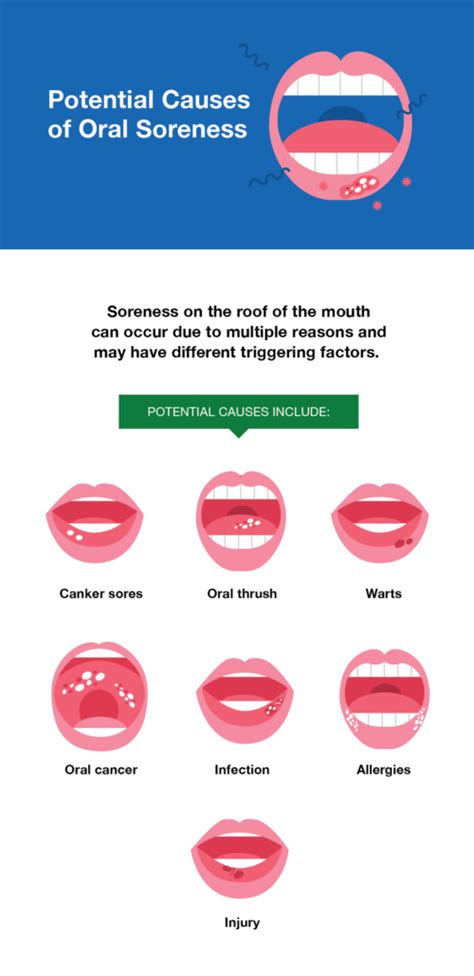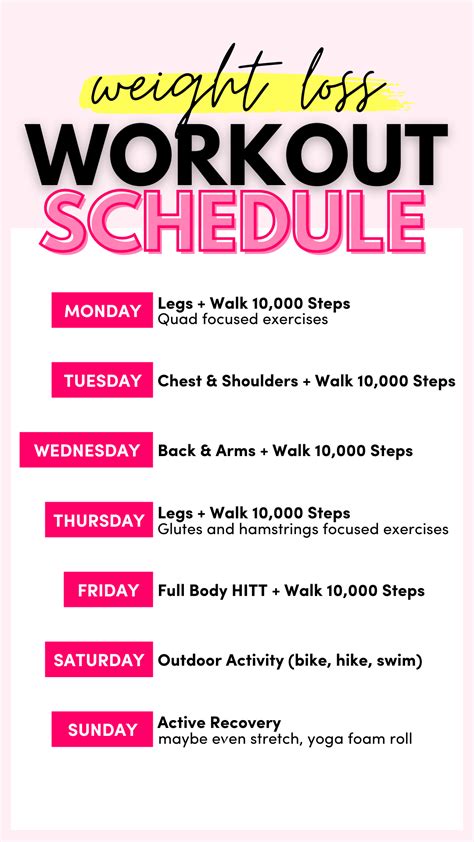Introduction
Miscarriage, also known as spontaneous abortion, is the loss of a pregnancy before the 20th week. It is a common occurrence, affecting approximately 10-20% of all pregnancies. This article will focus on miscarriages that occur at 12 weeks of gestation, providing an overview of what to expect and the available support systems.

Symptoms of a Miscarriage at 12 Weeks
The symptoms of a miscarriage at 12 weeks can vary depending on the individual. Some common signs include:
- Vaginal bleeding: This is the most common symptom and can range from light spotting to heavy bleeding.
- Cramping: Abdominal pain, similar to menstrual cramps, is another common symptom.
- Discharge: Passage of tissue or clots from the vagina.
- Back pain: Lower back pain or discomfort can be a sign of miscarriage.
Causes of Miscarriage at 12 Weeks
The causes of miscarriage are often unknown, but some potential factors include:
- Chromosomal abnormalities: These are genetic defects in the embryo or fetus that can lead to miscarriage.
- Maternal health issues: Conditions such as thyroid disorders, diabetes, or infections can increase the risk of miscarriage.
- Environmental factors: Exposure to toxins or certain medications can potentially lead to miscarriage.
- Uterine abnormalities: Structural problems with the uterus can make it difficult for the pregnancy to continue.
Management of Miscarriage at 12 Weeks
After a miscarriage at 12 weeks, there are several management options available:
- Expectant management: This involves waiting for the miscarriage to occur naturally.
- Medication: Misoprostol or mifepristone can be used to induce miscarriage.
- Surgical management: A dilatation and curettage (D&C) procedure may be necessary to remove any remaining tissue from the uterus.
Emotional and Physical Recovery from Miscarriage at 12 Weeks
Miscarriage can be an emotionally and physically challenging experience. It is important to allow time for grieving and to seek support from family, friends, or a therapist. Physically, it may take several weeks for the body to recover from the miscarriage.
Emotional Recovery
- Allow yourself time to grieve the loss of your pregnancy.
- Talk to loved ones about your feelings.
- Join a support group or connect with others who have experienced miscarriage.
- Consider therapy to process your emotions.
Physical Recovery
- Rest and avoid strenuous activity.
- Use over-the-counter pain relievers to manage cramping.
- Monitor vaginal bleeding and report any excessive bleeding to your doctor.
- Follow up with your healthcare provider for a check-up.
Support Systems for Miscarriage at 12 Weeks
Numerous support systems are available to individuals experiencing miscarriage:
- Healthcare professionals: Your doctor, midwife, or nurse can provide medical advice and support.
- Support groups: Miscarriage support groups connect individuals with others who have shared similar experiences.
- Online resources: Websites and forums provide information and support to those grieving a miscarriage.
Tips for Coping with Miscarriage at 12 Weeks
- Be kind to yourself and allow time to heal.
- Seek support from loved ones, professionals, or support groups.
- Take care of your physical and emotional needs.
- Remember that miscarriage is not your fault.
- Allow yourself to grieve and do not suppress your emotions.
FAQs about Miscarriage at 12 Weeks
1. What are the chances of having a successful pregnancy after a miscarriage at 12 weeks?
The majority of women who experience a miscarriage go on to have successful pregnancies.
2. How long does it take to recover from a miscarriage at 12 weeks?
Physical recovery typically takes a few weeks, while emotional recovery can be an ongoing process.
3. When can I try to conceive again after a miscarriage at 12 weeks?
Most experts recommend waiting at least two to three menstrual cycles before trying to conceive again.
4. What are the signs of an incomplete miscarriage?
Prolonged or heavy bleeding, fever, or severe pain can indicate an incomplete miscarriage.
Reviews
“This article provided valuable information and support during a difficult time.” – Sarah, 35
“The tips for coping with miscarriage were incredibly helpful.” – Emily, 28
“I found the information on support systems to be very informative.” – Rachel, 40
“The article offered a comprehensive overview of what to expect after a miscarriage at 12 weeks.” – Kelly, 32
Conclusion
Miscarriage at 12 weeks can be a devastating experience, but it is essential to remember that you are not alone. There are resources and support systems available to help you through the emotional and physical recovery process. By understanding the symptoms, causes, management options, and available support, you can empower yourself to cope with this challenging experience and find healing.
















